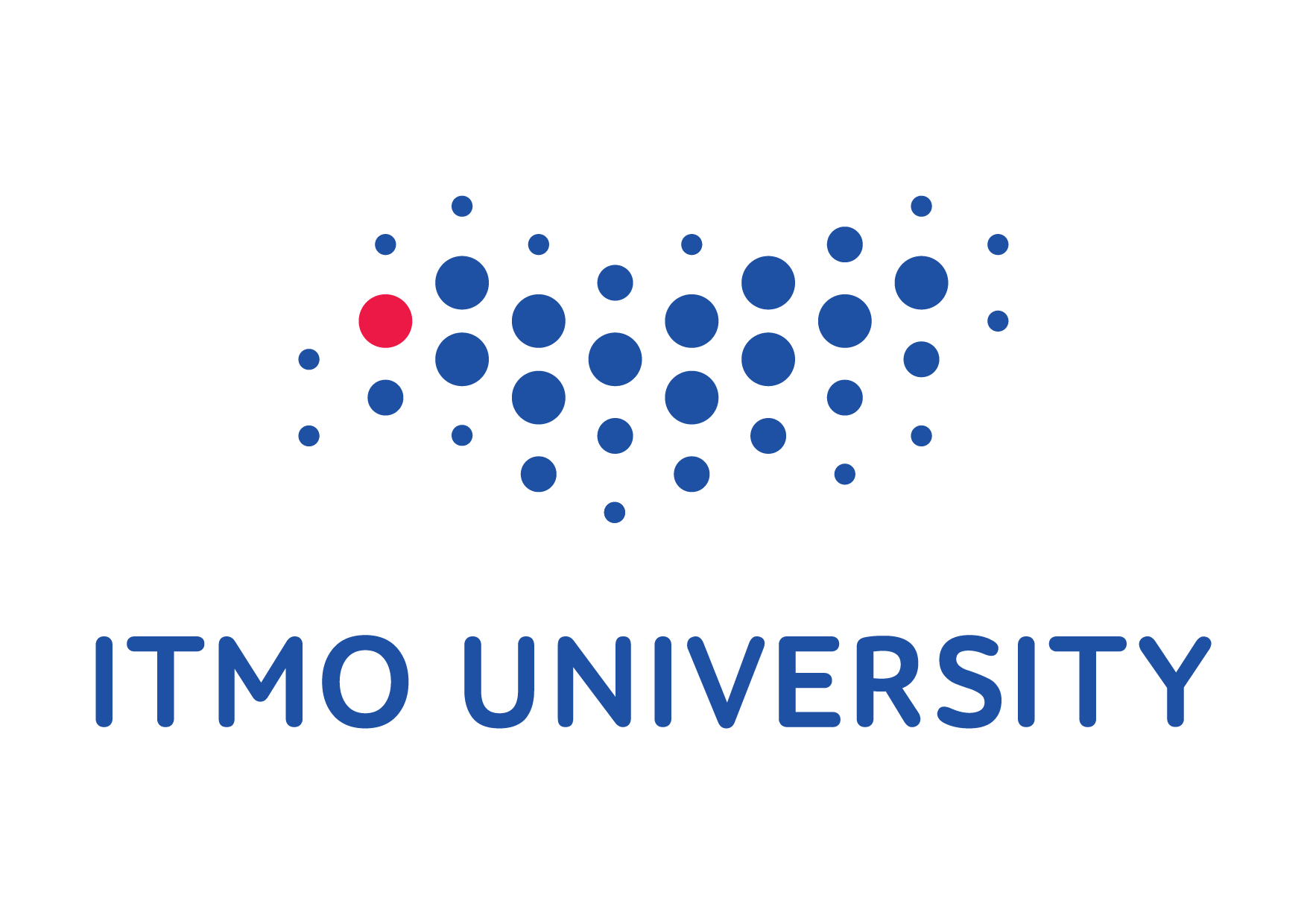ITMO: ITMO Student Wins AI Journey Contest 2021
Ammar Ali, a PhD student from ITMO University’s Information Technologies and Programming Faculty, has become a winner and runner-up, respectively, of two high-profile competitions in AI and computer vision: by Sberbank and by Evraz. Thus, the student continued his winning streak, which began in early 2021 when he organized by the American National Oceanic and Atmospheric Administration (NOAA) and supported by NASA. We talked to Ammar to find out how he managed to combine these two latest achievements and what he plans to do next.
This time around, AI Journey Contest, held since 2016, went on for slightly over a month: submissions opened on September 29 and the participants had to complete their solutions by November 5. The participants were offered three tasks:
Fusion Brain Challenge: focused on the development of a comprehensive model capable of solving a range of subtasks;
NoFireWithAI: designed with the Russian Ministry of Emergency Situations, it required participants to build a model for the prediction of forest fires in Russian regions;
AITrain: another social-action task, this one in collaboration with Russian Railways. Those who chose this task were to develop an algorithm that would use computer vision to identify obstacles and warn train operators.
Results of the competition were unveiled on November 10 during the AI Journey conference on artificial intelligence. Ammar Ali won first place in the AITrain task and received a prize of 500,000 rubles (approx. $6,800). The contest’s total prize pool amounted to 8 million rubles.
The second competition, (link in Russian), in which Ammar placed second (and won 80,000 rubles – approx. $1,000), was organized by the steel and mining company Evraz. The competitors’ task was to teach a sinter machine (an automated conveyor belt used to enrich ore) how to “see” nearby staff and warn them of dangerous situations. In evaluating the presented solutions, experts considered not only their level of detail, but the quality of presentation, too. The participants presented their projects in person; the experts paid attention, among other things, to the correctness of descriptions, documents, and answers provided to their questions.
Ammar explains his success in these competitions thus: he only chooses fields that he is already well familiar with and where he has a chance to win. His main source of motivation isn’t as much money as it is the opportunity to quickly acquire new knowledge on a specific topic.
“Money is great, of course. But these competitions motivate me to dig deeper into the latest research, the newest methods, and the most advanced technologies and to use them to develop the best possible solution. The machine learning field develops further with each day. In the two months that I’d spent in Syria (I had to get my visa and receive an invitation to Russia), two new papers came out in succession that redefined the state of the art for feature extraction methods. I must always be aware of all the new trends, and competitions are the fastest way to catch up. Besides, I can put these wins on my CV so that one day I can get my dream job,” says Ammar Ali.
Deputy Secretary General of the Council of Europe Bjørn Berge on stage at the AI Journey conference in Moscow, 2021. Credit: coe.int
Deputy Secretary General of the Council of Europe Bjørn Berge on stage at the AI Journey conference in Moscow, 2021. Credit:
He adds that oftentimes it is not the tasks themselves that are his biggest challenge at a contest.
“The most challenging parts for me are the hardware issues. Tasks related to machine learning and especially computer vision require a lot of computing power that I don’t have. I have to use Google Colab (a cloud-based computing platform), which isn’t always the best. If I had better resources, I would be able to get even better results,” he explains.
Right now, Ammar is working on his thesis along with a project he started as a Master’s student. The project is a computer vision system for cars that analyzes camera imagery to predict dangerous situations and even advises the driver on the safest speed depending on current conditions. The project has already received a grant from the Russian Science Foundation.
That is why Ammar isn’t planning to take part in any more contests – for now – especially since he has just gotten back to Russia and is deep in his studies. But next year, the AI Journey Contest winner plans to repeat his success. According to the student, this competition is Russia’s largest machine learning contest, so every go at it is another chance to gain new experience.

